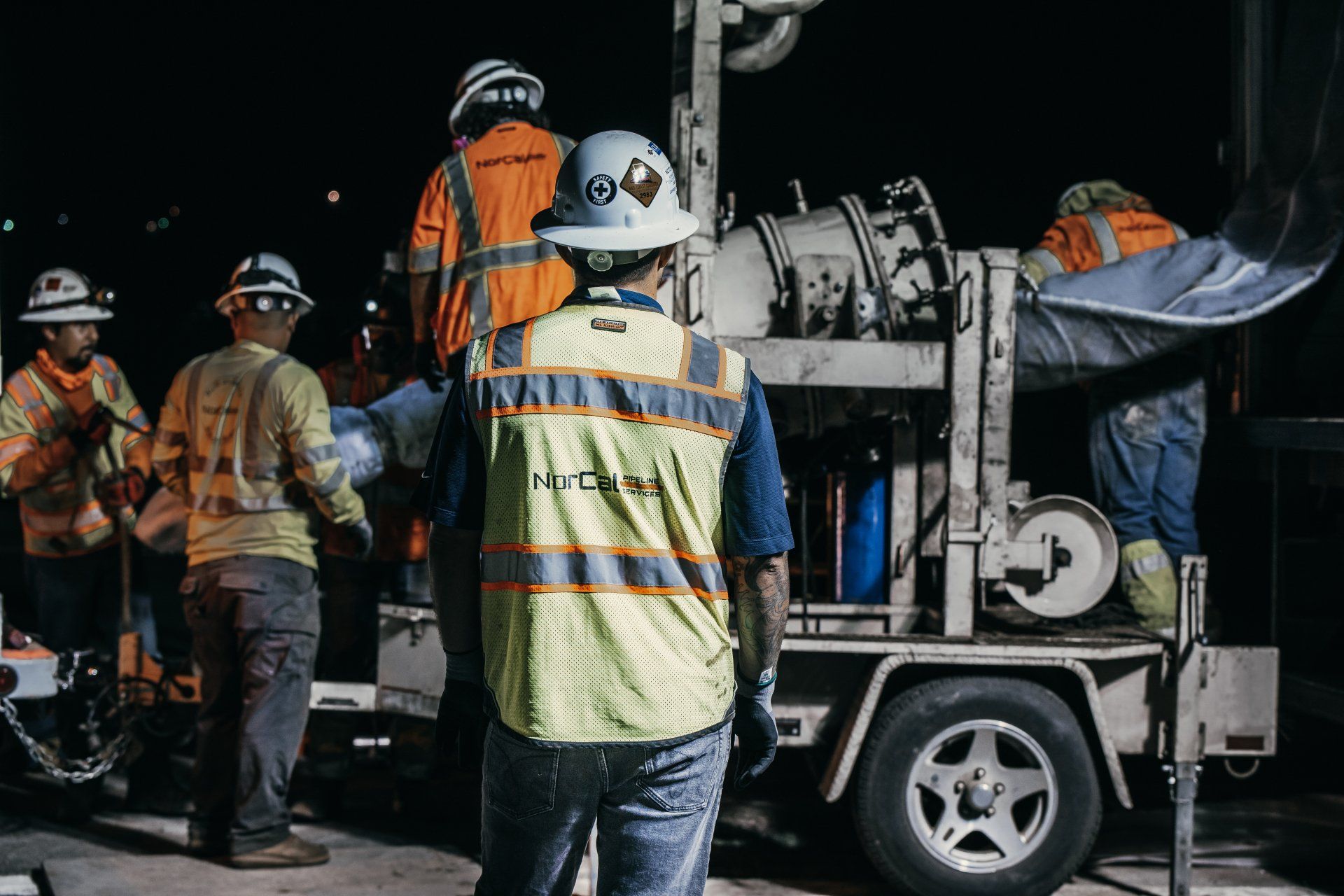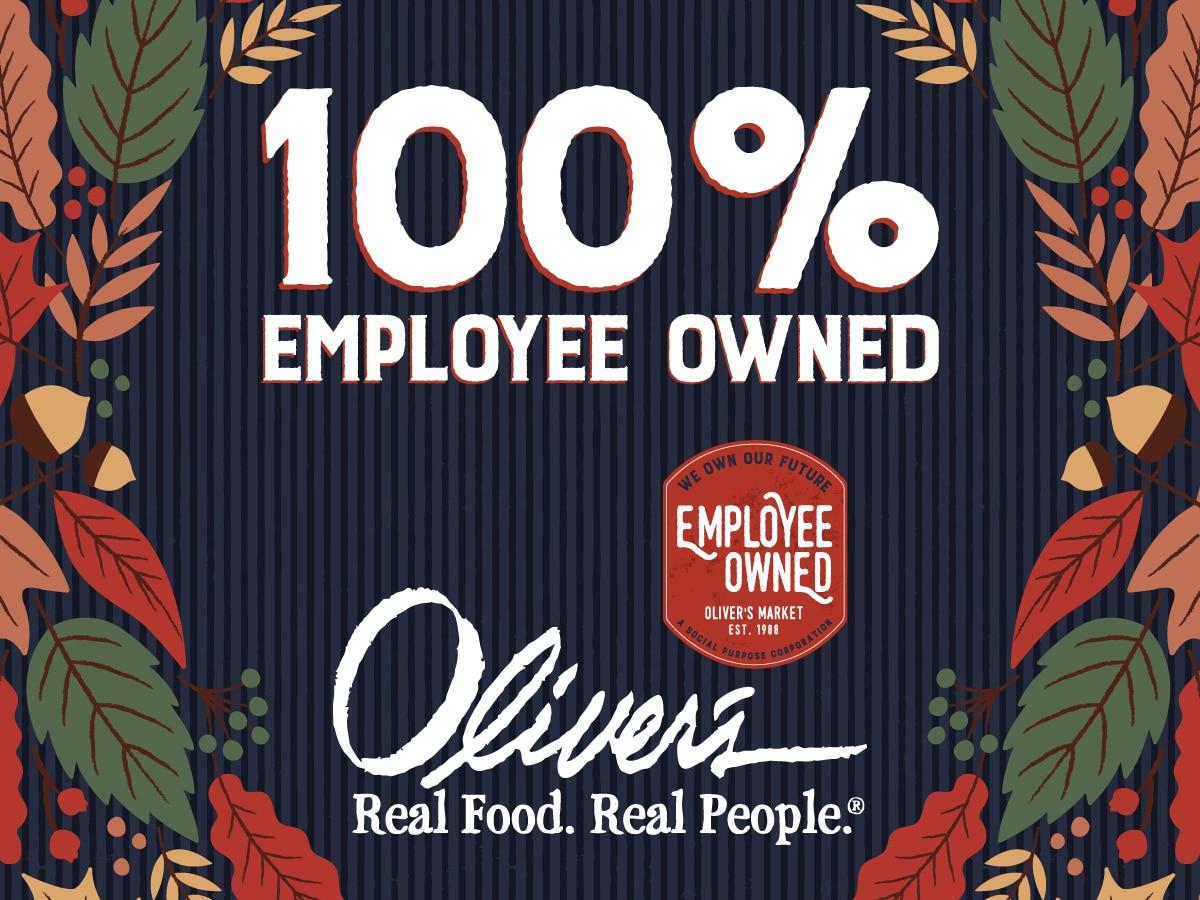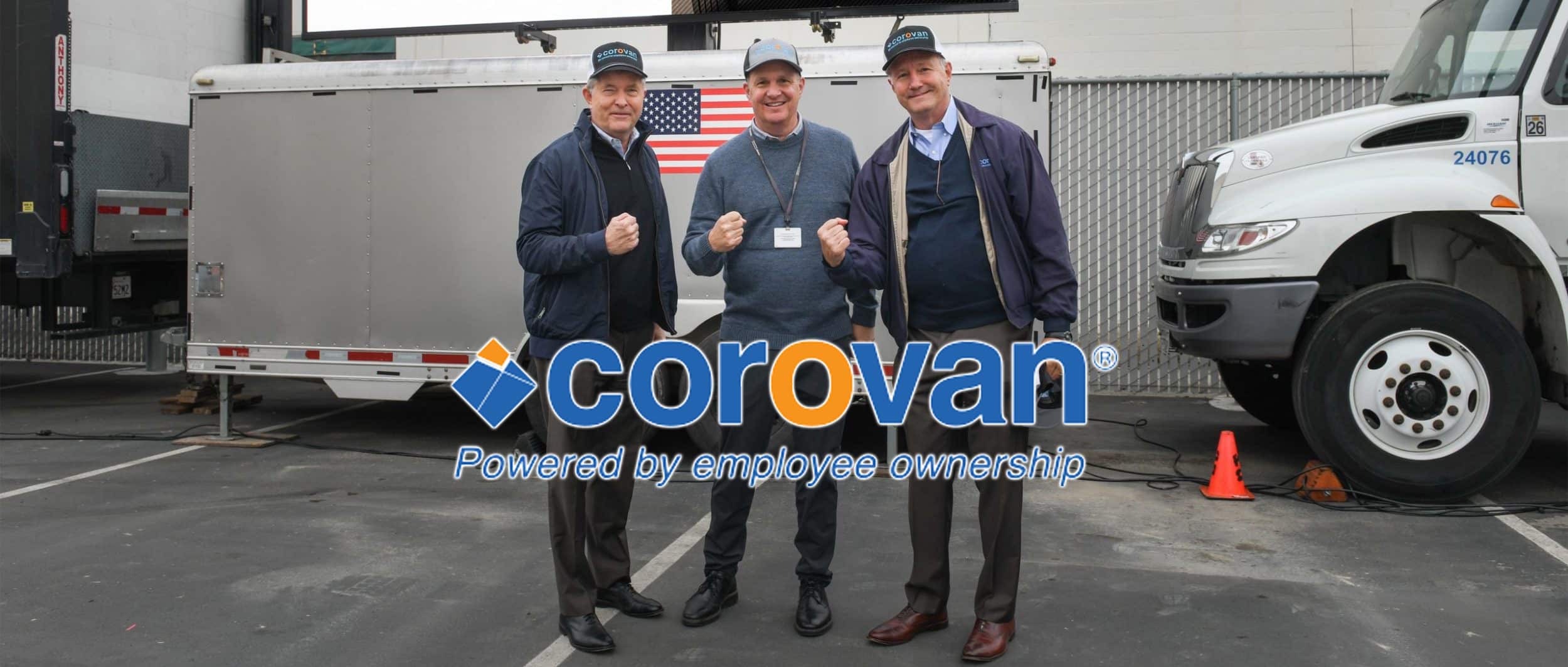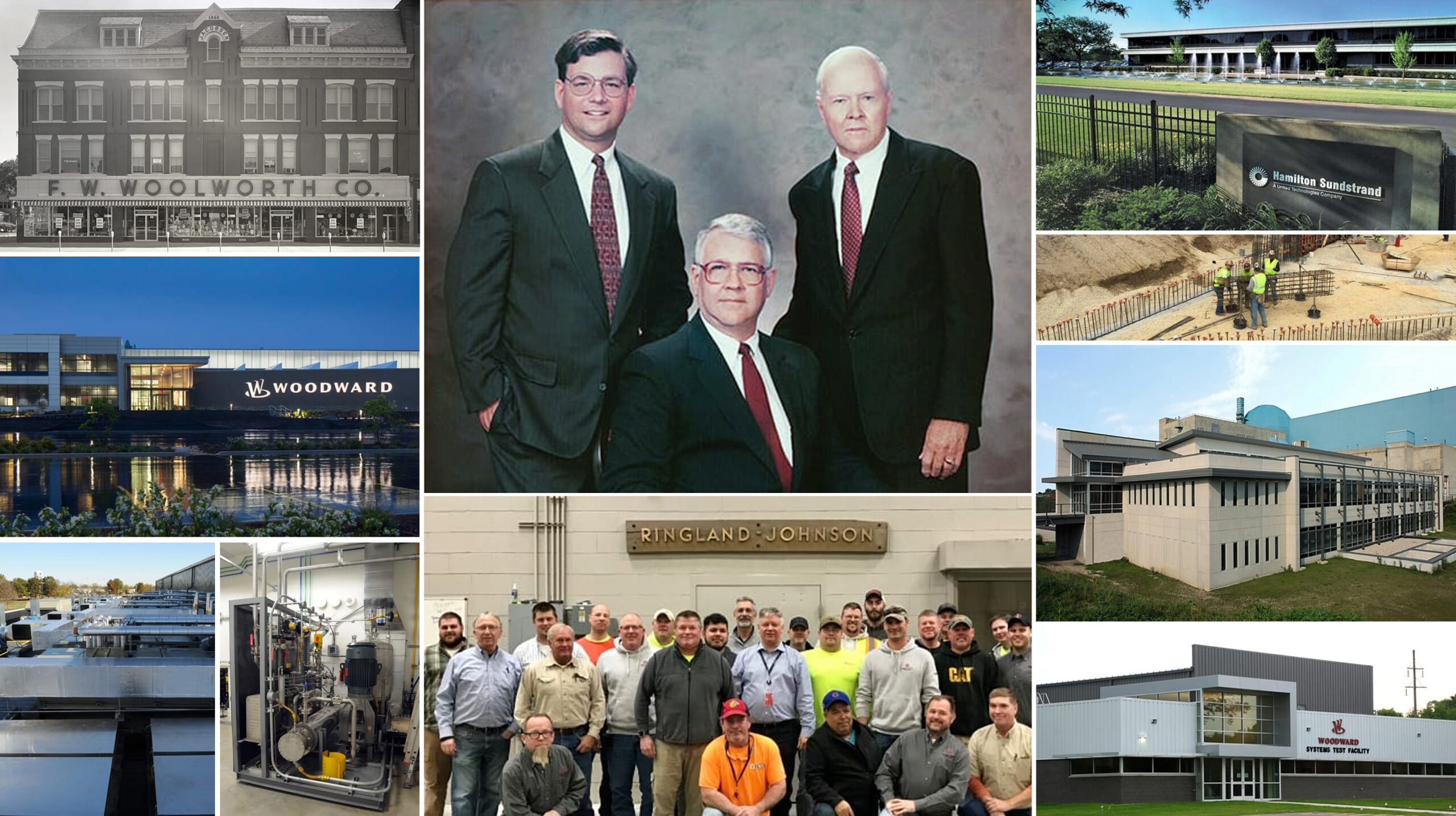At the end of 2019, the Pennsylvania House of Representatives voted 130-67 to advance HB 285, a bill that would further incentivize business owners in PA to sell to ESOPs by enabling sellers to avoid hefty taxes on their proceeds at both the state and federal level.
“ESOPs serve the dual purpose of delivering real retirement savings and stock ownership for employees, as well as the potential of a tax-free exit strategy to keep businesses in Pennsylvania,” said Representative Daryl Metcalfe, the bill’s sponsor.

If signed into law, PA would join 48 other states in applying provisions of the federal tax code for ESOPs at the state level
If signed into law, PA would join 48 other states in applying provisions of the federal tax code at the state level, allowing shareholders in C Corporations to indefinitely defer, or even eliminate some or all their state capital gains taxes from the sale of their shares, just as they can for their federal capital gains taxes.
There are many excellent reasons for a business owner to sell to an ESOP: keeping your legacy intact, rewarding and empowering the employees who helped your business grow and thrive, protecting your company’s culture and independence, expanding your company’s retirement benefits, attracting and retaining talent, increasing the business’s cash flow by reducing or eliminating its income tax burden, and on and on. But any list of ESOP benefits would be incomplete without mentioning the potential tax savings for the sellers.
For the owners of many closely held businesses, their shares of their company represent their largest financial asset. One of many business owners’ goals for their exit strategy, then, is to be able to diversify their holdings in order to have the kind of retirement and provide for their families in the way they want. Selling to an ESOP rewards shareholders for doing exactly that, via a mechanism known as a 1042 exchange, or 1042 rollover.
In a 1042 exchange, as long as the ESOP buys stock in a C corporation and ends the sale transaction owning at least 30% of the company stock, and the seller reinvests their entire proceeds in qualified replacement properties (E.g., stocks or bonds of other US operating companies) within 12 months, the capital gains tax from the sale can be deferred until the seller sells those qualified replacement properties. If you choose not to sell them and they become part of your estate, the capital gains tax may be avoided entirely through a step-up in basis.
Avoiding federal capital gains tax on what, for many business owners, represents the largest financial windfall of their lives is obviously a massive incentive. That incentive loses some of its luster, however, if the sale still comes with a hefty tax bill from the state.
We are excited to see PA working toward joining nearly every other state in the nation in bringing their state tax code in line with the federal tax code in terms of incentivizing ESOPs. Given the strong bipartisan support Rep. Metcalfe’s bill received in the House, we believe it will find similar success in the State Senate and will soon be helping to promote employee ownership across Pennsylvania.
Interested in learning if your exit strategy could qualify for a 1042 rollover? Contact Menke & Associates today to find out more.
Menke & Associates, Inc. has helped over 3,500 companies successfully transition to employee ownership. Our holistic ESOP approach enables a positive outcome for the company, its employees and its shareholders. We believe ownership is powerful.







